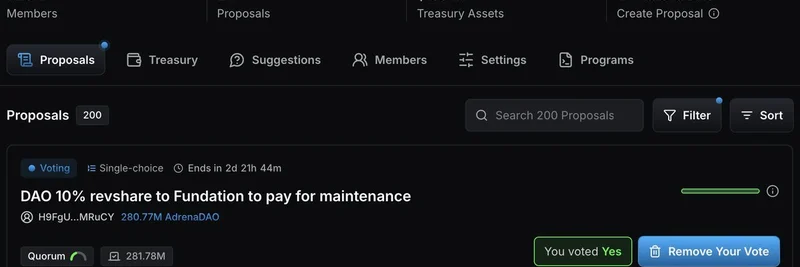The Electronic Frontier Foundation (EFF) just dropped a bombshell on X, announcing their lawsuit against the city of San Jose over its massive automated license plate reader (ALPR) surveillance setup. If you're in the meme token world, where anonymity and decentralization are king, this story hits close to home. Let's break it down and see why it matters for blockchain enthusiasts.
What's the Deal with ALPR?
First off, ALPR stands for Automated License Plate Recognition. These are cameras mounted on police cars, street poles, or even drones that snap photos of every license plate they see. They don't just note the plate number—they also log the exact time, date, and location. San Jose has nearly 500 of these bad boys, collecting data on millions of drivers every day, whether you're breaking the law or just grabbing coffee.
The data gets stored for up to a year, and cops can search through it without needing a warrant. That means they can track where you've been, who you've visited, or even patterns in your daily routine. It's like a real-world version of digital tracking, but for your car.
The Lawsuit Breakdown
In their X post, EFF revealed they're teaming up with the ACLU of Northern California to sue on behalf of two local nonprofits: Services, Immigrant Rights and Education Network (SIREN) and the Council on American-Islamic Relations – California (CAIR-CA). The defendants? The city of San Jose, Police Chief Paul Joseph, and Mayor Matt Mahan.
The core argument is that these warrantless searches violate the California Constitution—specifically, protections against unreasonable searches (Article I, Section 13) and the right to privacy (Article I, Section 1). EFF points out that this kind of mass data collection and querying is akin to unconstitutional surveillance, echoing U.S. Supreme Court rulings on location data privacy.
They're asking the court to put a stop to it: no more searching ALPR databases without a warrant. You can dive into the full details on EFF's press release.
Why This Matters for Meme Tokens and Blockchain
Now, you might be thinking, "Cool, but I'm a meme token trader—what's this got to do with me?" A lot, actually. The meme token space thrives on pseudonymity and community-driven vibes. Think about it: many of us use wallets without KYC (Know Your Customer) requirements on decentralized exchanges (DEXes) to keep our identities under wraps. But if real-world surveillance like ALPR can track your physical movements—to a crypto meetup, a conference, or even just driving around— it could link your offline life to your online crypto activities.
In a world where governments are ramping up oversight on crypto (hello, recent regs on mixers and privacy tools), this lawsuit underscores the broader fight for privacy. Meme tokens, often born from viral internet culture, rely on free expression without fear of Big Brother watching. If ALPR data can reveal associations or habits, it could chill participation in blockchain communities, especially for those in sensitive situations like immigrants or activists—groups directly represented in this suit.
Plus, check out the reactions on X. One reply from @EqoFlow, a Solana-powered decentralized social platform, playfully nods to the surveillance state with a twist on the classic song "Do You Know the Way to San Jose?" It highlights how blockchain projects are pushing back against centralized control, emphasizing authenticity and privacy in the digital era.
The Rise of Privacy in Crypto
This news comes at a time when privacy coins are making waves. According to recent reports, the privacy coin sector has surged over 550% in market cap while meme coins dominated headlines. Coins like Monero (XMR) and Zcash (ZEC) offer built-in anonymity features, using tech like zero-knowledge proofs to keep transactions private. They're not exactly meme tokens, but they represent the privacy ethos that many meme communities aspire to.
If you're into meme tokens with a privacy angle, keep an eye on emerging projects that blend fun with functionality. The EFF's fight reminds us why decentralization isn't just a buzzword—it's a shield against overreach, whether it's on the streets or on the chain.
Wrapping Up
The EFF's lawsuit isn't just about license plates; it's a stand against unchecked surveillance that could spill over into the digital realm we love. For meme token creators, traders, and holders, staying informed on privacy battles like this is key to building resilient communities. Follow EFF on X for updates, and let's keep pushing for a blockchain world where privacy is the default, not the exception. What do you think—could this spark a new wave of privacy-themed memes? Drop your thoughts below!

